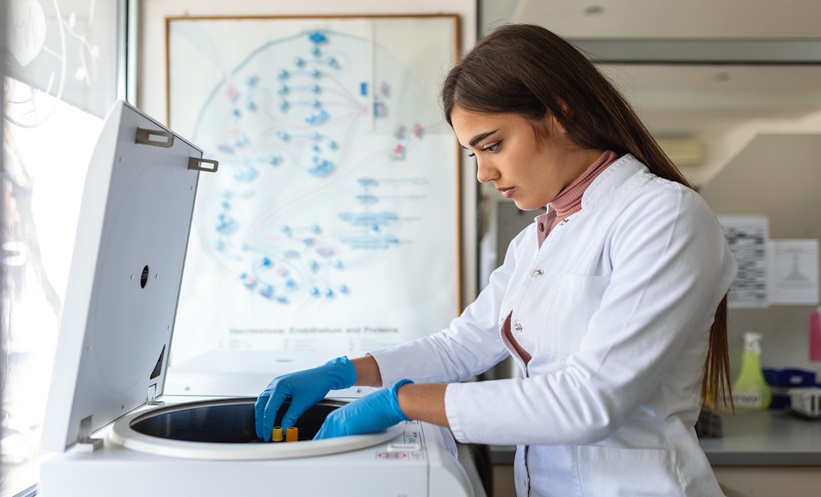A LARGE observational study has identified a potential new biomarker for autoimmune liver diseases, showing that levels of proprotein convertase subtilisin/kexin type 9 (PCSK9) are consistently elevated in patients regardless of sex, fibrosis stage or the severity of liver test abnormalities. The findings point to PCSK9 as a possible tool for earlier diagnosis of rare autoimmune liver conditions, including primary sclerosing cholangitis, primary biliary cholangitis and autoimmune hepatitis.
PCSK9 is widely known for its role in cholesterol regulation, but its behaviour in autoimmune liver disease had not been clearly established. In this study, researchers analysed serum PCSK9 levels in 100 patients with autoimmune liver disease and compared them with 88 healthy controls. Across all disease subtypes, PCSK9 levels were significantly higher, even when standard liver enzymes were near normal.
Elevated PCSK9 Detected Even with Normal Liver Tests
The protein showed strong diagnostic potential in patients whose aminotransferase and cholestasis markers remained within normal limits. For this group, a PCSK9 concentration of 224 ng/mL identified autoimmune liver disease with 92 percent sensitivity. This suggests that PCSK9 elevation may precede detectable changes on conventional liver function testing.
The study also revealed sex-specific diagnostic patterns. In female patients, PCSK9 effectively distinguished primary biliary cholangitis from healthy controls, while in men it performed strongly in identifying primary sclerosing cholangitis. However, PCSK9 levels did not correlate with disease progression, fibrosis, transplant need or decompensation, indicating that while useful diagnostically, the marker is unlikely to predict outcomes.
Implications for Future Diagnostics
Autoimmune liver diseases are rare and often difficult to diagnose early, with many patients presenting after liver damage has already occurred. By identifying a biomarker that rises independently of routine markers, the study offers a potential step forward in early detection.
Although PCSK9 is unlikely to replace existing diagnostic pathways, the authors propose that it could become a complementary test in settings where autoimmune disease is suspected but standard indicators are inconclusive. Further research will be needed to understand the biological mechanisms driving PCSK9 elevation and to evaluate its performance in larger cohorts.
Reference
Mester P et al. Systemic PCSK9 elevation characterises autoimmune liver disease across sexes. Sci Rep. 2025;DOI:10.1038/s41598-025-28881-y.








